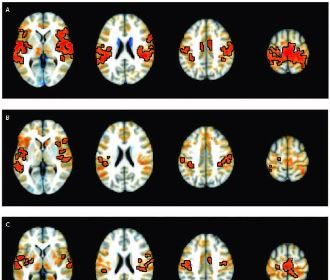Prenatal Steroid Treatment May Improve Survival for Extremely Preterm Infants

WASHINGTON — Steroid treatment before birth appears to improve survival and reduce complications among extremely preterm infants, according to a study funded by the National Institutes of Health.
Antenatal steroid therapy, given to women at risk of preterm delivery, causes the fetal lungs to mature and has been shown to improve survival and reduce complications among infants born from 24 to 34 weeks of pregnancy.
However, previous studies of the treatment for infants born between the 22nd and 23rd week — those at greatest risk for death and disability — were inconclusive, a press release from the NIH said.
The study was conducted by Dr. Sanjay Chawla at Central Michigan University, Mount Pleasant, and Wayne State University, Detroit, and colleagues at 17 other U.S. research institutions.
Their findings first appeared in JAMA Network Open.
Of the mothers of the 431 infants in the study, 110 did not receive the steroid betamethasone, 80 received partial treatment (one dose) and 241 received complete treatment (two doses 24 hours apart).
Of the infants exposed to complete treatment, 53.9% survived until hospital discharge, compared to 37.5% with partial treatment and 35.5% with no treatment.
Compared to infants receiving no treatment, infants exposed to full treatment were 1.95 times more likely to survive and 2.74 times more likely to survive without major complications such as severe bleeding in the brain, severe lung disease (bronchopulmonary dysplasia), cysts in brain, severe inflammation of the intestines (necrotizing enterocolitis) or abnormal blood vessel growth in the retina (retinopathy of prematurity needing treatment).
The study authors concluded that their results provide strong evidence to support giving antenatal steroid therapy to pregnant people at risk for delivery at 22 weeks.
Funding for the research was provided by NIH’s Eunice Kennedy Shriver National Institute of Child Health and Human Development and National Center for Advancing Translational Sciences.
Dan can be reached at [email protected] and at https://twitter.com/DanMcCue.
























